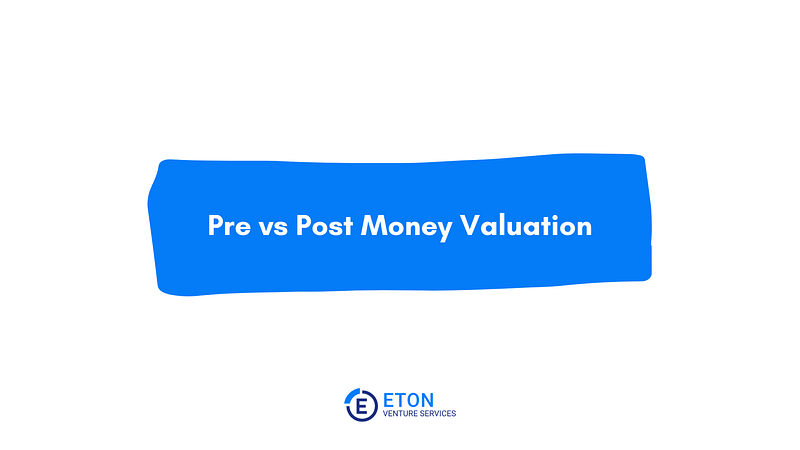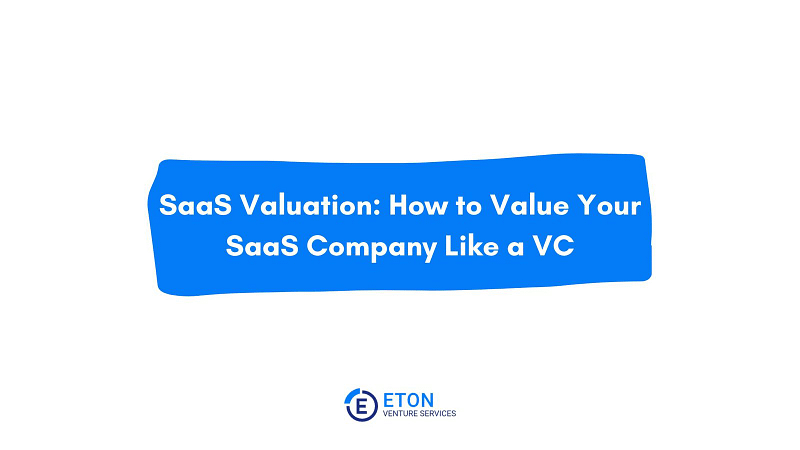Understanding QSBS Exclusions
Qualified Small Business Stock (QSBS) under IRC Section 1202 offers significant tax benefits for investors in small businesses. However, there are various exclusions and limitations that investors should be aware of when pursuing these benefits. This article aims to provide insights into the types of businesses that are ineligible for QSBS, investment amount limitations, and other potential pitfalls to consider.
Ineligible Businesses for QSBS
IRC Section 1202 has specific exclusions concerning the types of businesses that qualify for QSBS. To be eligible, a company must actively conduct a qualified trade or business. Ineligible businesses include those engaged in the following activities:
-
Providing services in the fields of health, law, engineering, architecture, accounting, actuarial science, performing arts, consulting, athletics, financial services, or brokerage services;
-
Operating a banking, insurance, financing, leasing, investing, or similar business;
-
Operating a hotel, motel, restaurant, or similar business;
-
Operating a farming business, including the business of raising or harvesting trees;
-
Producing or extracting products subject to depletion, such as oil, gas, or minerals; and
-
Operating a business where the principal asset is the reputation or skill of one or more employees.
Investment Amount Limitations
The QSBS tax benefits have specific limitations on the amount of gain that can be excluded. For stock acquired after September 27, 2010, an investor can exclude 100% of the gain, subject to the following limitations:
-
A maximum exclusion of $10 million, or
-
10 times the adjusted basis of the stock, whichever is greater.
These limitations apply on a per-issuer basis, which means that an investor can potentially exclude gains from multiple qualifying investments, each subject to the limitations above.
Potential Pitfalls and Considerations
When investing in QSBS, it is crucial for investors to be aware of potential pitfalls and other considerations that may affect the tax benefits. Some key points include:
-
Holding period requirement: To qualify for the tax benefits, investors must hold the QSBS for at least five years. A shorter holding period may result in disqualification from the tax benefits.
-
C corporation requirement: The issuing company must be a domestic C corporation. S corporations, LLCs, and partnerships do not qualify for QSBS benefits.
-
Gross asset test: The issuing company’s gross assets must not exceed $50 million immediately before and after the stock issuance. It is essential to carefully monitor the company’s asset growth to ensure ongoing eligibility.
-
Original issue requirement: Investors must acquire the stock at the original issuance, either directly from the company or through an underwriter. Stock obtained through secondary market transactions or as gifts or inheritance does not qualify for QSBS treatment.
-
Rollover provision: If an investor sells QSBS and reinvests the proceeds in another QSBS within 60 days, they can defer recognition of the gain. However, the new stock must also meet the QSBS requirements for the tax benefits to apply.
-
Interplay with other tax incentives: Investors should consider how QSBS tax benefits interact with other tax incentives, such as Sections 1045, 1244, Opportunity Zones, and the R&D Tax Credit.
In conclusion, understanding the exclusions and limitations of QSBS is vital for investors seeking to maximize the tax benefits offered under IRC Section 1202. By familiarizing themselves with ineligible businesses, investment amount limitations, and potential pitfalls, investors can make informed decisions and develop effective strategies when investing in small businesses.
Investors should consult with tax professionals, legal advisors, and valuation experts to navigate the complexities of QSBS and ensure that their investments remain eligible for these significant tax benefits. Staying up-to-date with the latest developments in tax laws and regulations is also crucial for optimizing investment strategies and maximizing the potential rewards of QSBS. Ultimately, thorough planning and due diligence can help investors successfully leverage QSBS benefits, contributing to the growth and success of small businesses and the broader economy.
Discover the Eton Edge
At Eton Venture Services, we’re dedicated to helping you navigate the complexities of QSBS exclusions and limitations, ensuring you capitalize on the substantial tax benefits offered under IRC Section 1202. Trust our team of valuation experts to provide you with accurate, compliant, and independent valuations for your investments, avoiding the pitfalls of software-driven “form” models and inexperienced teams. Eton’s unparalleled client service and valuation expertise have already benefited countless industry leaders – now it’s your turn. Experience the Eton Edge and unlock the full potential of your QSBS investments. Contact Eton today.








